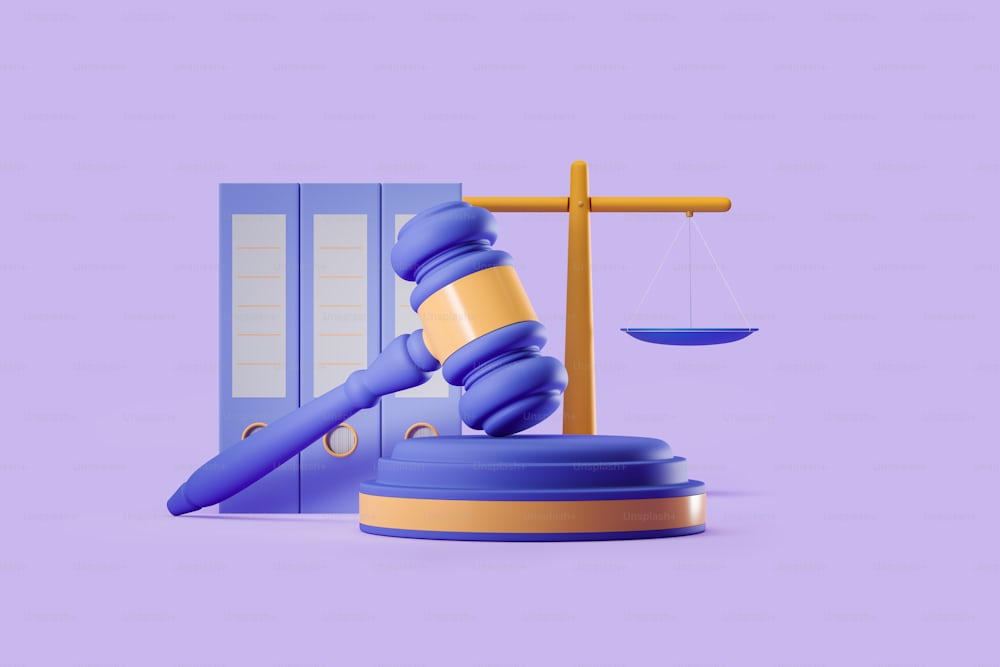Defamation allegations, whether slander or libel, can have severe personal and professional consequences. They can damage your reputation and lead to costly legal battles. Understanding how to stay ahead of these allegations and protect yourself is crucial. This article explores effective strategies to mitigate the risks and defend against defamation claims, given the gravity of the situation.
Navigating defamation cases requires careful planning and proactive measures. Implementing these strategies can better protect your reputation and minimize the potential impact of defamation allegations. For legal assistance and further support, visit Monge & Associates injury law firm in Cincinnati.
Understand Defamation Laws
Understanding the basics of defamation law is the first step in protecting yourself against allegations. Defamation involves making false statements that harm someone’s reputation. These statements can be made verbally (slander) or in writing (libel). Each state has specific laws regarding defamation, so familiarize yourself with the relevant statutes in your area.
Knowing what constitutes defamation can help you avoid making statements construed as defamatory. It also prepares you to recognize when you have grounds for a defamation claim if false statements are made about you. Consulting with a legal professional specializing in defamation can provide valuable insights and guidance, ensuring you know your rights and responsibilities well.
Maintain Accurate Records
Keeping detailed and accurate records is essential for defending against defamation allegations. Here are key steps to ensure you maintain comprehensive documentation:
- Document All Communications: Keep records of emails, social media interactions, phone calls, and any other forms of communication. These can serve as evidence to prove the truthfulness of your statements or refute false claims.
- Record Incidents and Conversations: Maintain records of incidents or conversations that could lead to defamation allegations. This can include notes, transcripts, or recordings.
- Organize Your Records: Ensure your records are clear and well-organized. This helps you quickly respond to accusations and provides a strong defense.
- Include Dates and Times: Always note the dates and times of all communications and incidents. This detail can be crucial in establishing a timeline of events.
- Backup Your Records: To prevent losing important information, regularly back up your records digitally. Use secure storage methods to protect sensitive data.
- Keep Personal and Professional Records Separate: Maintain separate files for personal and professional communications to avoid confusion and ensure clarity in case of legal scrutiny.
Avoid Making False Statements
One of the most straightforward strategies to avoid defamation allegations is to refrain from making false statements about others. Always verify the accuracy of any information before sharing it, especially if it could harm someone’s reputation. This is particularly important in professional settings and on social media, where statements can be quickly disseminated and scrutinized.
If you are unsure about the validity of a statement, it is best to avoid making it or to clearly indicate that it is an opinion rather than a fact. Defamation law generally protects opinions, provided they do not imply false facts. Being cautious and responsible in your communications can significantly reduce the risk of defamation allegations.
Seek Legal Advice Early
Seeking legal advice early is crucial if you are facing defamation allegations or believe you might be at risk. A lawyer specializing in defamation cases can help you understand your rights, assess the strength of the allegations, and develop a strategy for your defense. They can also assist in gathering evidence and representing you in court if necessary.
Early consultation with a legal professional can prevent minor issues from escalating into major legal battles. Lawyers can guide how to handle interactions with the media and public statements to avoid further complications. Their expertise is invaluable in navigating the complex landscape of defamation law and ensuring your interests are protected. Acting promptly and seeking legal counsel can make a significant difference in the outcome of your case.
Implement a Crisis Management Plan
A crisis management plan can help you respond quickly and effectively to defamation allegations. This plan should include steps for addressing the allegations, communicating with stakeholders, and managing public relations. A well-prepared response can mitigate damage to your reputation and demonstrate your commitment to transparency and accountability.
Crisis management plans should be regularly reviewed and updated to ensure effectiveness. Involving legal counsel in developing these plans can provide additional protection and ensure that all legal considerations are addressed. By preparing for potential crises, you can respond more effectively and protect your reputation.
Leverage Public Relations Expertise
Working with public relations (PR) professionals can be beneficial in managing the fallout from defamation allegations. PR experts can help craft appropriate responses, manage media interactions, and control the narrative surrounding the allegations. Effective PR strategies can minimize reputational damage and help rebuild your public image.
PR professionals can also assist in proactively managing your reputation by promoting positive stories and achievements. This proactive approach can create a buffer against potential defamation by establishing a strong, positive public perception. Leveraging PR expertise ensures that your communication is strategic and effective, helping to protect and enhance your reputation.
Educate Employees and Associates
Educating employees and associates about defamation laws and the importance of careful communication can prevent unintentional defamatory statements. Training sessions on legal risks and responsible communication practices can help create a culture of awareness and caution within your organization.
Encouraging a respectful and fact-based approach to communication can reduce the likelihood of defamation allegations. Providing clear guidelines on what constitutes defamatory statements and how to avoid them can further protect your organization and its members. Regular training and clear communication policies are essential for fostering a responsible and legally compliant environment.
Monitor Your Online Presence
Regularly monitoring your online presence can help you quickly identify and address potential defamation issues. Set up alerts for your name and your organization’s name to stay informed about what is being said online. Promptly addressing false statements or negative content can prevent the spread of misinformation and reduce its impact.
If you encounter defamatory content, consider contacting the platform where it was posted to request its removal. Additionally, responding professionally and factually to false claims can help correct the record and demonstrate your commitment to accuracy and integrity. Active online monitoring and timely responses are crucial for managing your digital reputation and mitigating the effects of defamation.



